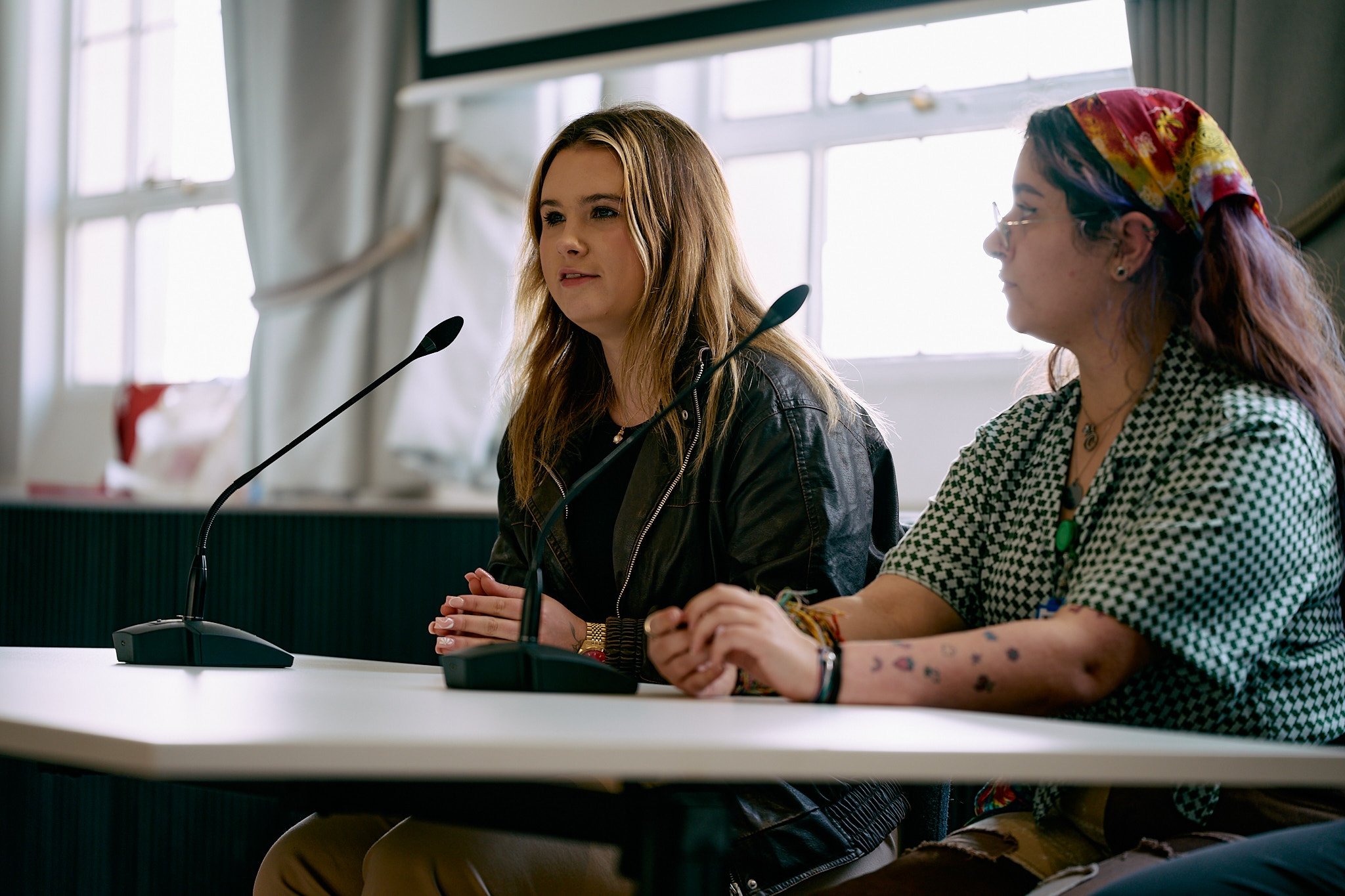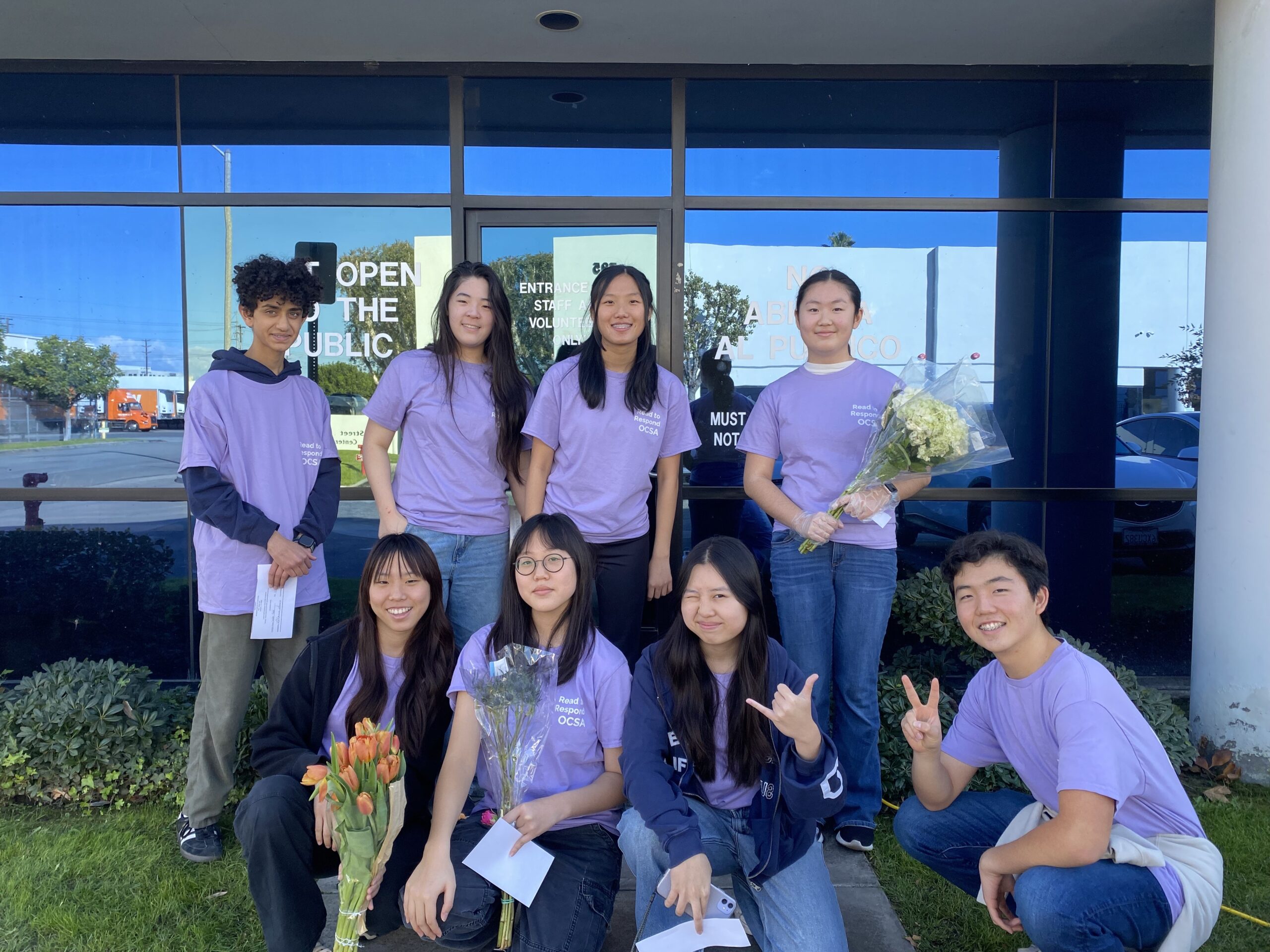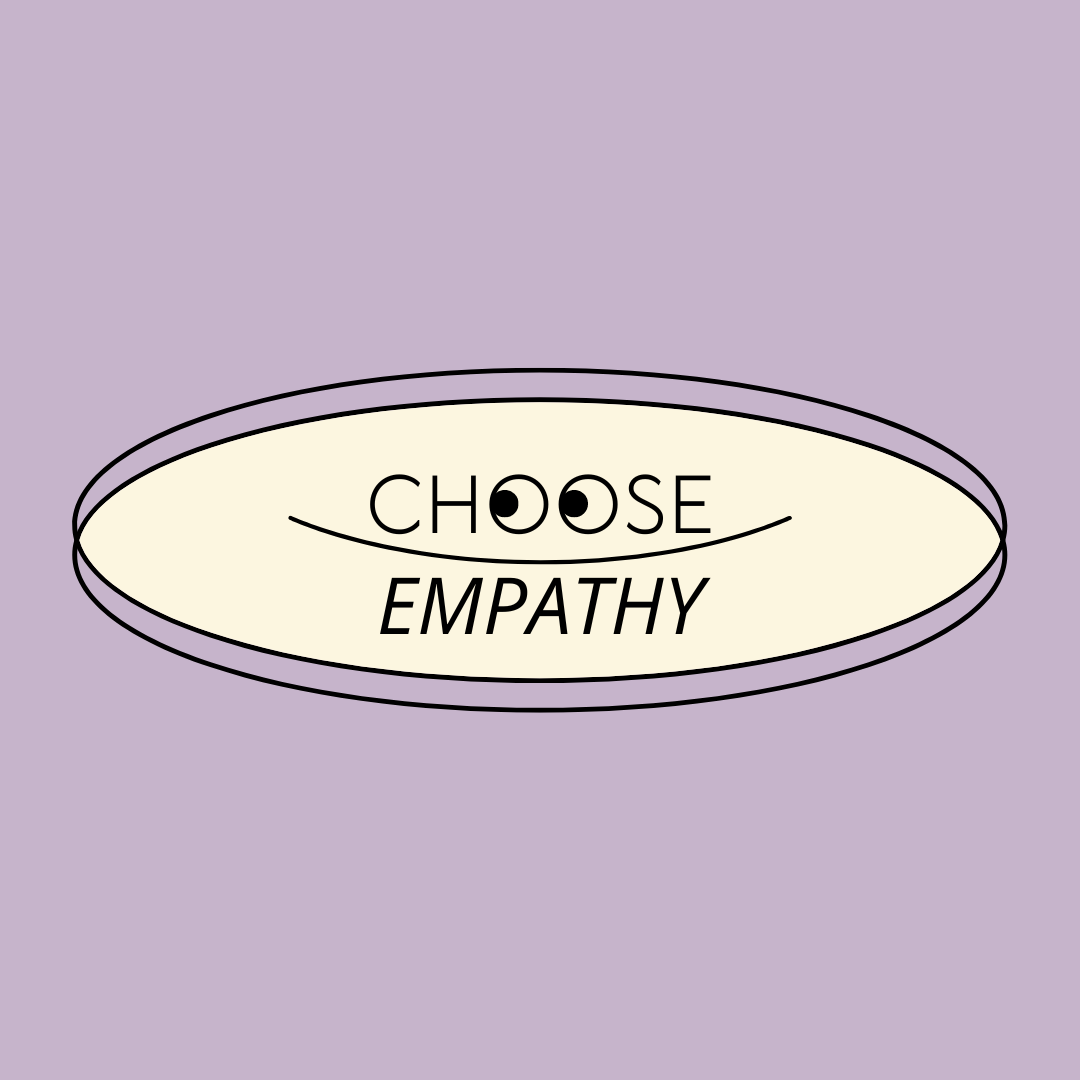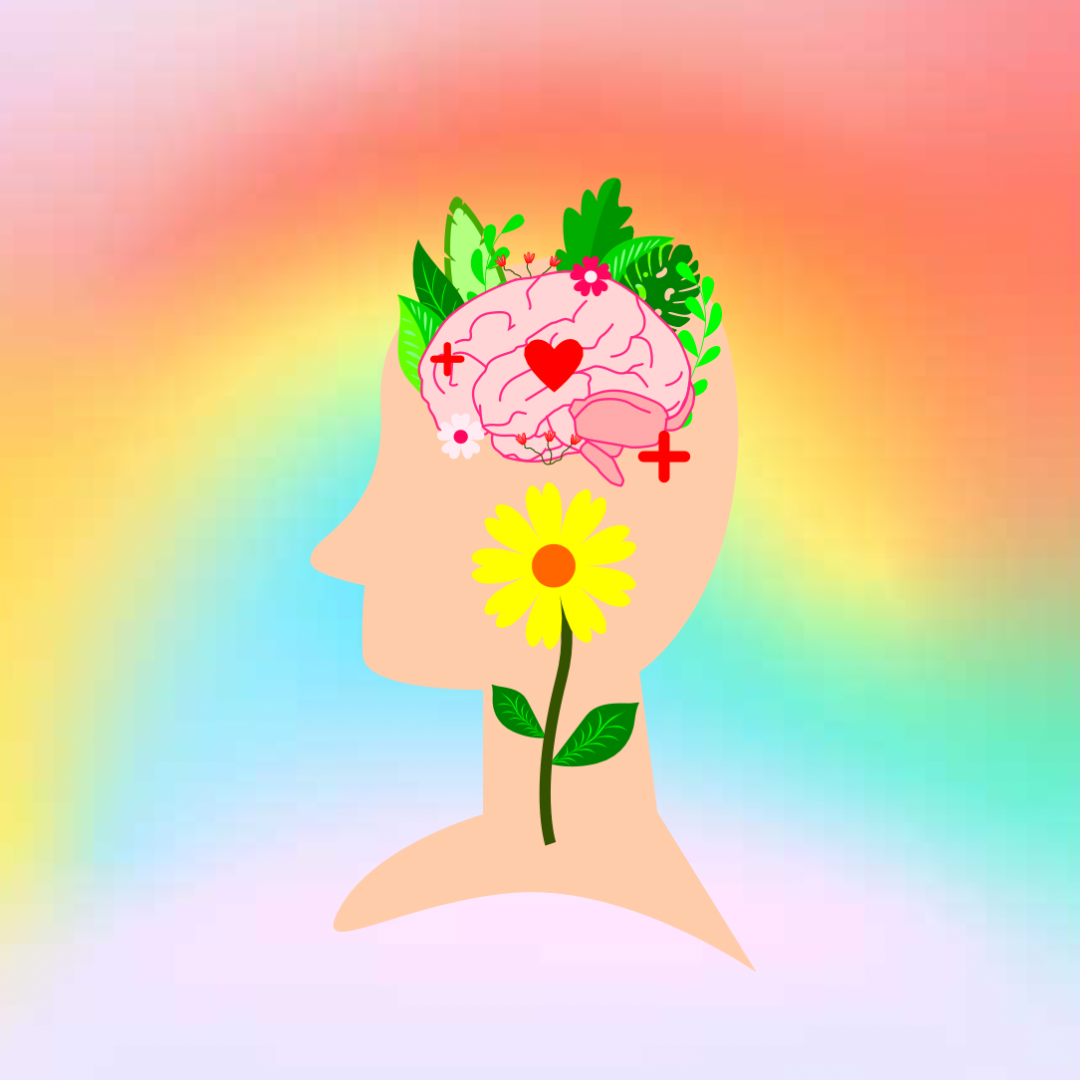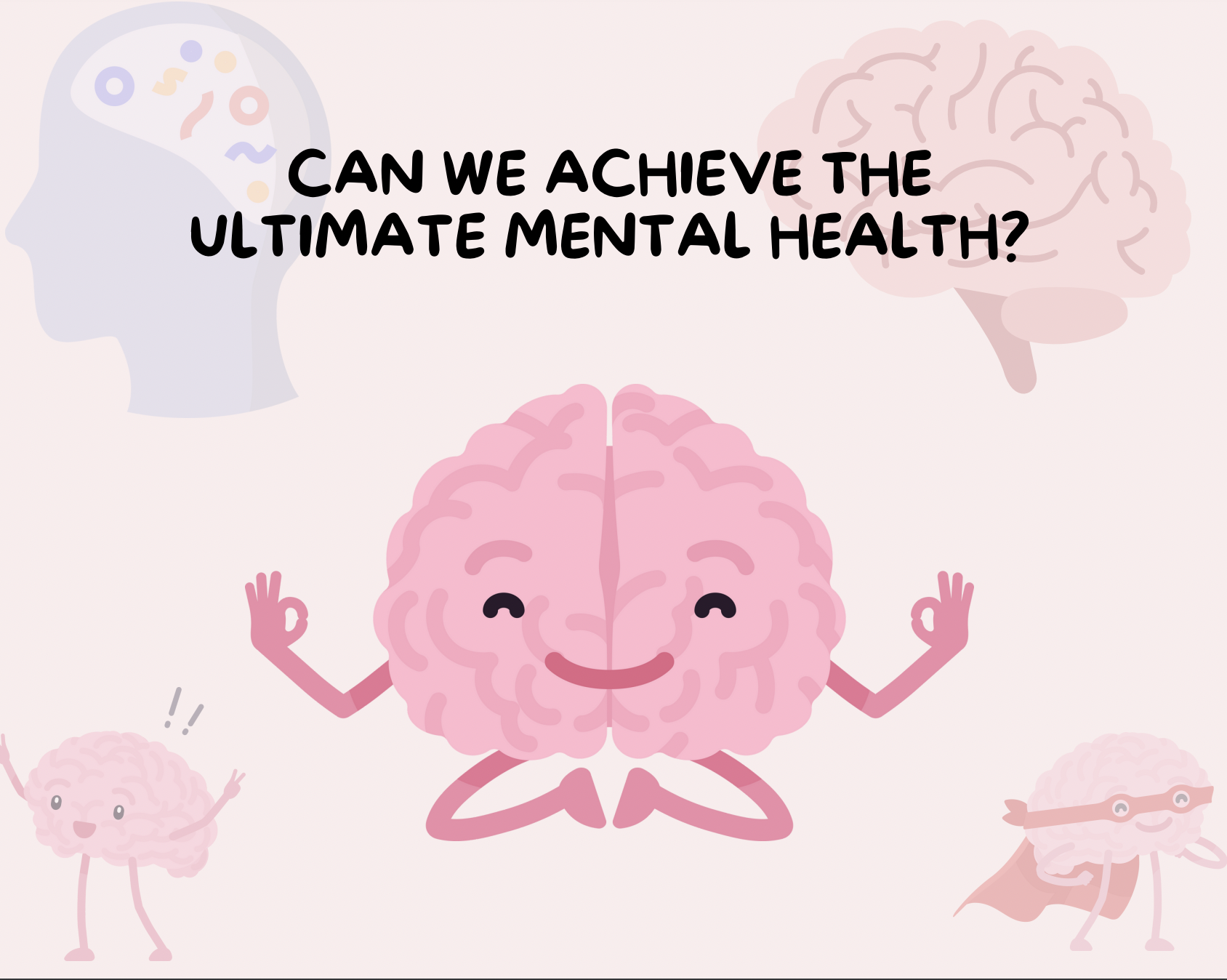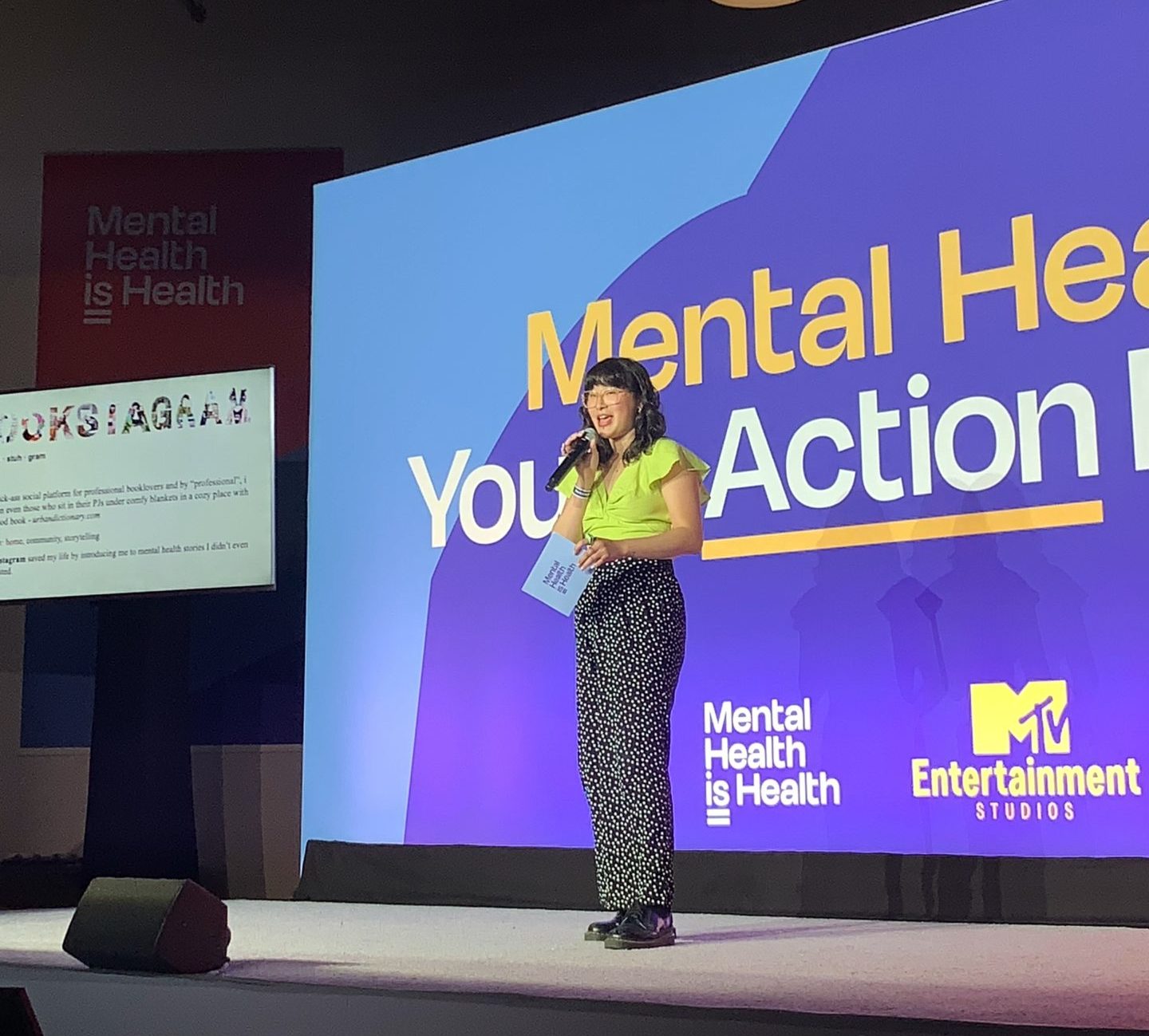Youth mental health nonprofit Emotion Dysregulation in Autism (E-DA) has been transforming the lives of autistic young people in Birmingham, Britain since 2022. Founded with the pillars of peer support, training, and social action, they’ve since launched a Peer Support Programme in 2024 that has delivered over 140 hours of support.
E-DA is driving systemic change by increasing accessibility to mental health services and hosting interactive, educational events that provide practical tools to the wider community. Their various initiatives include E-DA’s Peer Support Programme, which offers a community group for young people aged 16-25 and is led by a peer support worker trained in therapeutic modalities. These intensive weekly sessions provide mentorship and lessons on practical and psychological skills such as emotion regulation. Since the foundation of the program, 37 young people have been supported across Britain’s West Midlands region.
“At E-DA, I found my people,” one youth participant shares. “I felt I could be honest and raw about my experiences and I would still be accepted and my voice heard. I have gained so much confidence this last year.”
The initiative has also proved transformative across the wider community, easing pressure on teachers and specialist services. Providing guidance and tools to help teachers address the needs of these students has better equipped them to serve their classroom needs. Meanwhile, E-DA’s ongoing peer support and early crisis intervention has eased pressure on crisis escalations and hospital admissions. By empowering young people to manage their mental health challenges through resilience and independence, there has been a reduction in reliance on inpatient specialist services.
E-DA has also created a more inclusive, compassionate community through interactive outreach events and mental health resources. Their most recent Autism and Youth Mental Health Launch Event was an educational opportunity for attendees to understand emotion dysregulation in autism. Of the 82 attendees, 80% reported feeling better educated on the subject.
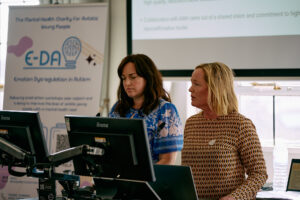 The most powerful way that E-DA advocates for awareness is by centering authentic stories from remarkable young people. A standout example is Hannah, whose openness about developing resilience in navigating complex PTSD and autism has inspired other young people to seek help and feel less alone. Such advocacy normalizes conversations around mental health and breaks down stigma.
The most powerful way that E-DA advocates for awareness is by centering authentic stories from remarkable young people. A standout example is Hannah, whose openness about developing resilience in navigating complex PTSD and autism has inspired other young people to seek help and feel less alone. Such advocacy normalizes conversations around mental health and breaks down stigma.
The nonprofit has also been meeting mental health clinicians and professionals where they already are: sharing youth mental health guides with 40 staff members across two mental health units. These guides provide staff members with practical tools and strategies to better support young people with autism. By reaching these growing audiences, E-DA ensures wider impact on the delivery of effective care.
Such initiatives are achieved thanks to the help of E-DA’s Youth Lived Experience Advisory Group of 15 young people with autism. The group provides a platform to amplify the voices of these young people, who can share their insights and guide the development of services that meet their unique needs. Their voices are central to shaping solutions that work for the community.
E-DA is ensuring the needs of this vulnerable group are being addressed with care, whether it be through critical support during severe mental health crises or practical tools to help young people navigate professional challenges.
In one particular case, E-DA’s intensive six month program was able to secure sustainable employment for a young man with debilitating anxiety surrounding technology. E-DA offered tailored therapeutic support and digital skills training through a trusted mentor, addressing the underlying causes of his anxiety. These efforts empowered the young man to pursue opportunities he previously avoided. As a result, he is now employed in a highly rewarding role as an Expert by Experience Trainer, delivering training sessions to mental health clinicians. Such focused support has not only reduced his digital anxiety but also fundamentally changed his trajectory.
E-DA’s holistic approach provides active listening and emotional support during vulnerable moments, creating a safe space to be heard, valued, and understood. Their tailored support empowers young people to access new opportunities, overcome barriers, and unlock their potential.
To learn more about Emotion Dysregulation in Autism or to support their initiatives, visit Emotion Dysregulation Autism, follow their Instagram, or check out their podcast.








